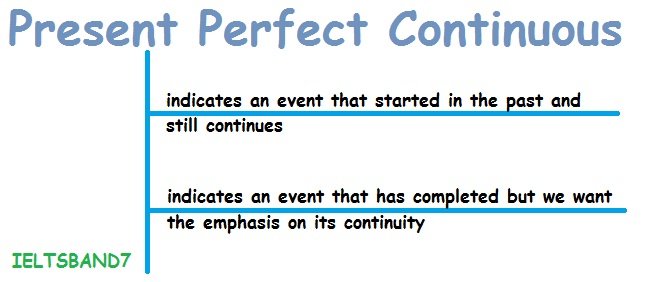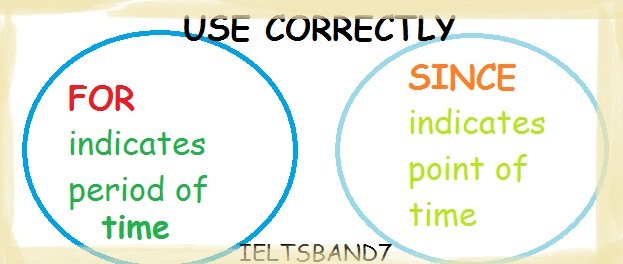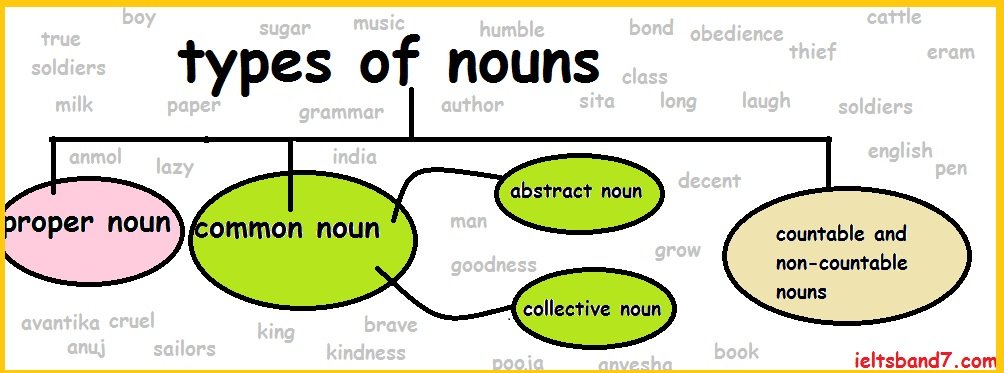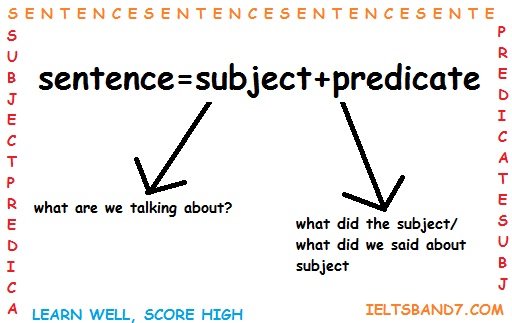TENSES
You must be aware of what is verb. If not have a look at this.
Now, an action could be performed anytime. It could either be in present, past or future. So, to represent these verbs correctly, one must be aware of the time(tense) it is happening.
When the verb is referring to present time, it is said to be in PRESENT tense.
When the verb refers to the past time, it is said to be in PAST tense.
A verb that refers to the future time, is said to be in FUTURE tense.
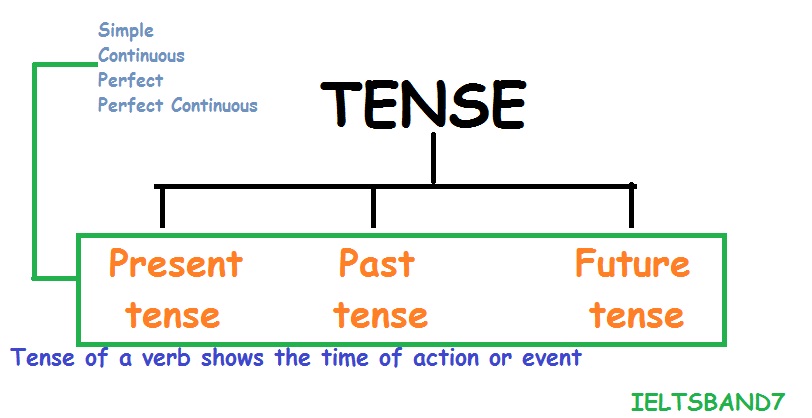
kinds of tenses
Now, all these forms of tenses are further classified into-
- Simple present/past/future
- Present/past/future continuous
- Present/past/future Perfect
- Present/past/future Perfect Continuous
Let us begin by looking at the examples of each.
- Simple present tense
- I speak.
He comes.
They go.
We run.
- Present continuous tense
- I am speaking.
He is coming.
They are going.
We are running.
- Present perfect tense
- I have spoken.
He has come.
They have gone.
We have run.
- Present perfect continuous
- I have been speaking.
He has been coming.
They have been going.
We have been running.
- Simple past tense
- I spoke.
He came.
They went.
We ran.
- Past continuous tense
- I was speaking.
He was coming.
They were going.
We were running.
- Past perfect tense
- I had spoke.
He had come.
They have gone.
We had run.
- Past perfect continuous
- I had been speaking.
He had been coming.
They have been going.
We had been running.
- Simple future tense
- I shall/will speak.
He shall/will come.
They will/shall go.
We will/shall run.
- Future continuous tense
- I shall/will be speaking.
He shall/will be coming.
They shall/will be going.
We shall/will be running.
- Future perfect tense
- I shall/will have spoken.
He shall/will have come.
They shall/will have gone.
We shall/will have run.
- Future perfect continuous tense
- I shall/will be speaking.
He shall/will be coming.
They shall/will be going.
We shall/will be running.
IELTSBAND7
